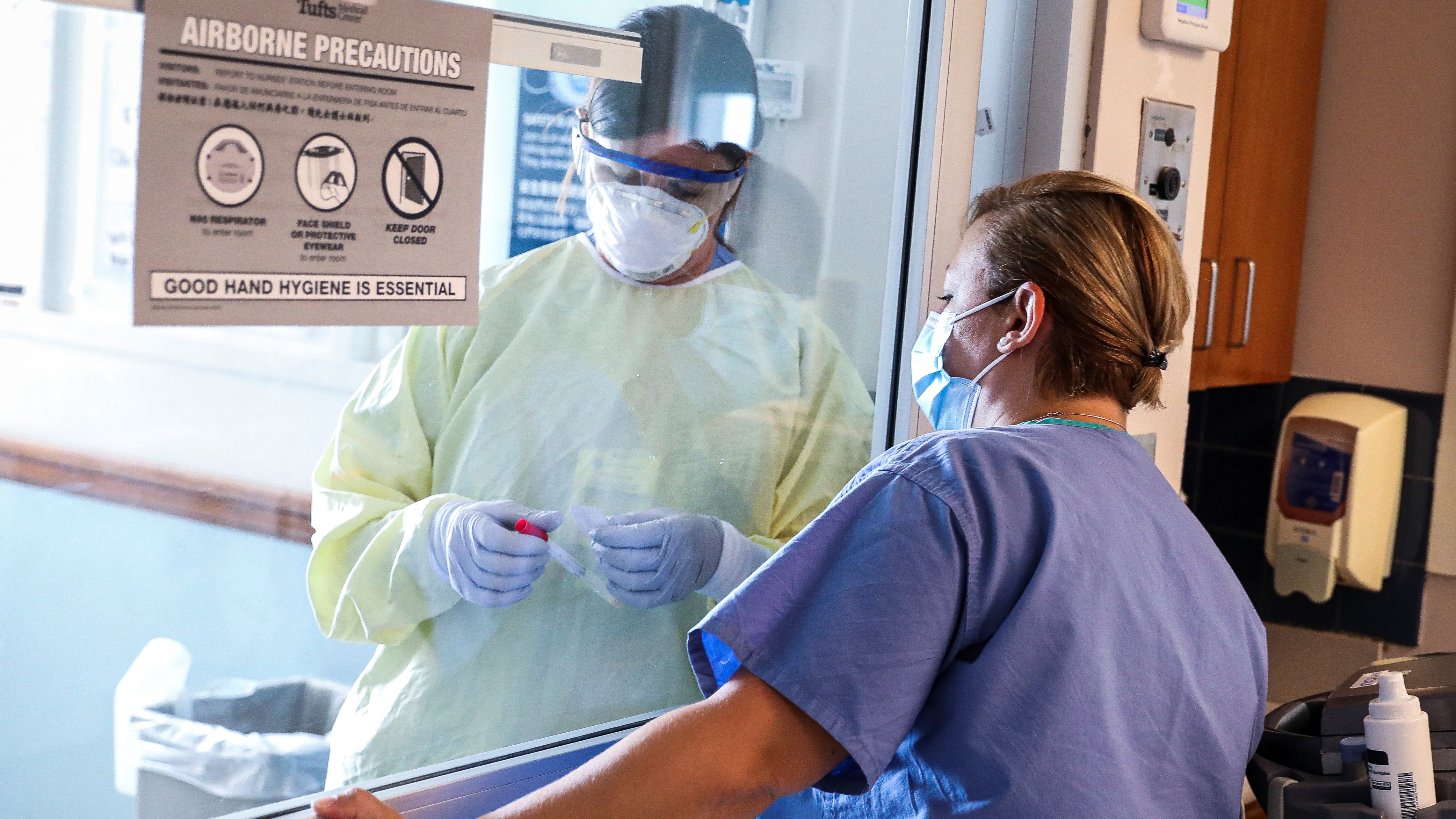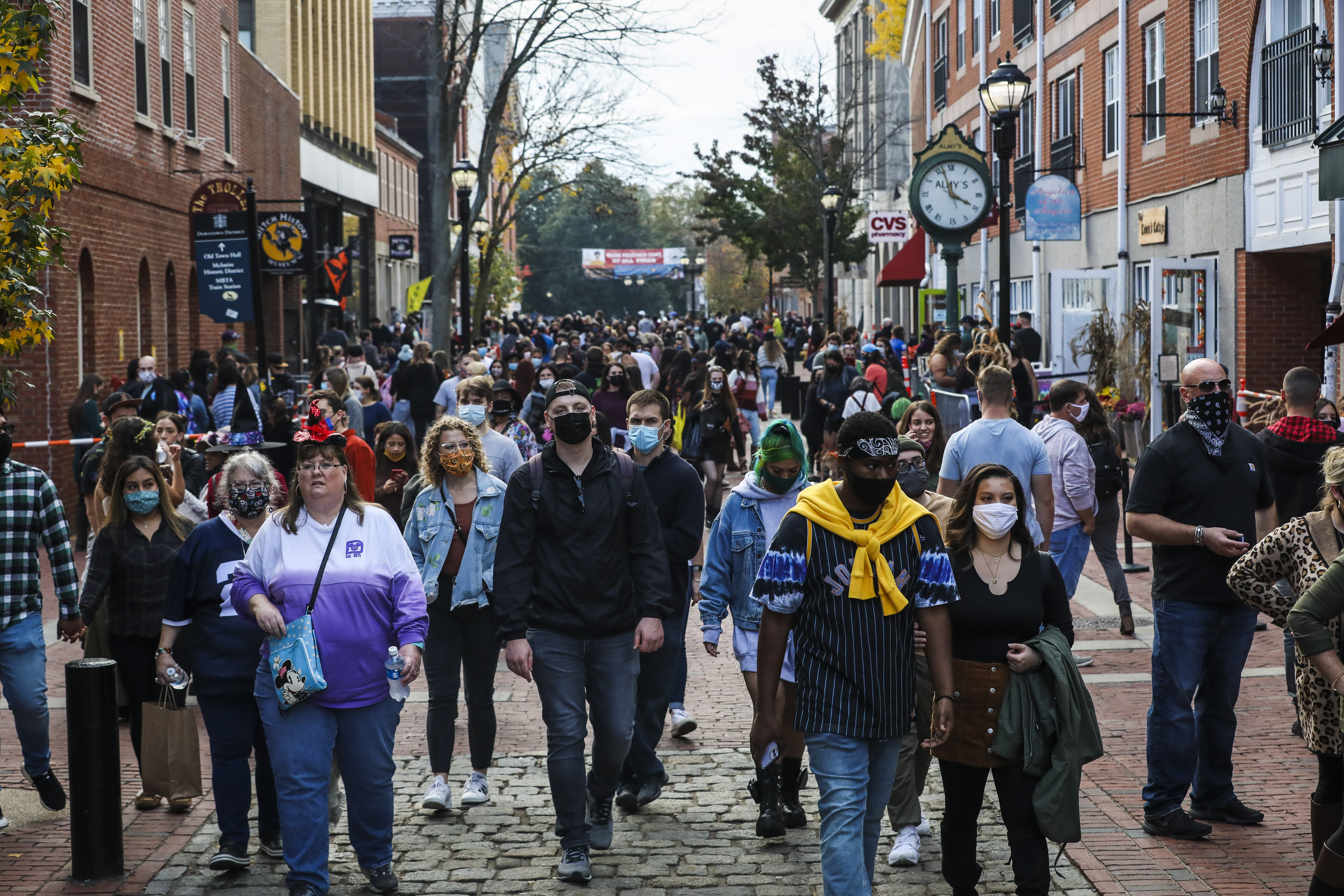In the race for Boston's next mayor, where candidates tend to align on most issues, a clear difference has emerged: whether people should be required to show proof of vaccination.
The discussion isn't limited to city employees. Vaccine passes should also be required of, "Restaurant workers, in theaters, in other public spaces, especially as the weather grows colder," candidate Michelle Wu said.
Wu and candidate Andrea Campbell, both sitting members of the Boston City Council, criticized fellow candidate and current Mayor Kim Janey for taking too long to implement a vaccine mandate and for failing to require proof of vaccination.
"We are in a public health crisis and it requires us to respond with the appropriate measures to keep our residents safe," Campbell said.
The topic first made headlines last week, when Janey invoked slavery and birtherism to explain her opposition. Janey later apologized for those analogies but has doubled down on her stance.
"If opponents want to leave 50% of Black residents out from grocery stores and laundromats, that’s on them," Janey said. "For me, I want to focus on getting those residents vaccinated."
Campbell said, "It’s not about discriminating against residents… No, this is about protecting them."
Campbell believes mandates could increase vaccinations by 40% or more among vulnerable populations.
City Councilor Lydia Edwards, a Wu supporter, said she understands equity concerns when it comes to government mandates, but noted that the alternative needs to be considered.
"Inaction from the Trump administration resulted in hundreds of thousands of people dying," Edwards said.
Janey said, "You know, I can’t be concerned with what opponents are saying. My priority is about protecting the residents of Boston."
It’s unclear if a vaccine mandate will move the dial on the mayor’s race, but there’s little doubt that with cases rising, pandemic leadership will be an important issue to voters.



